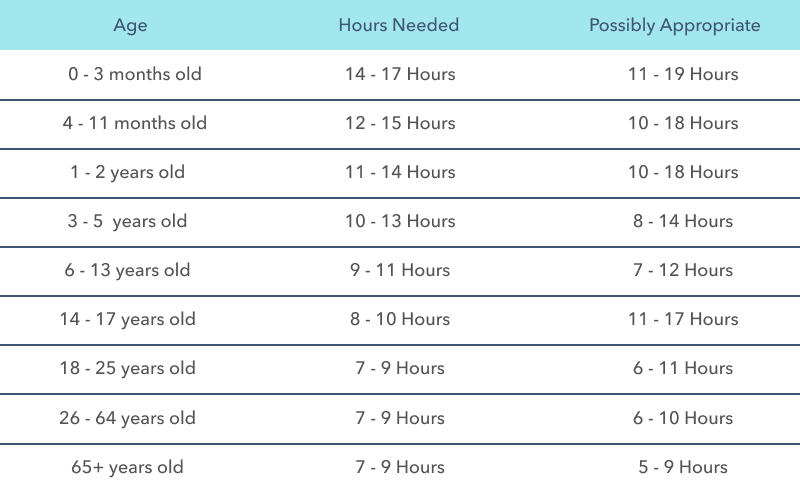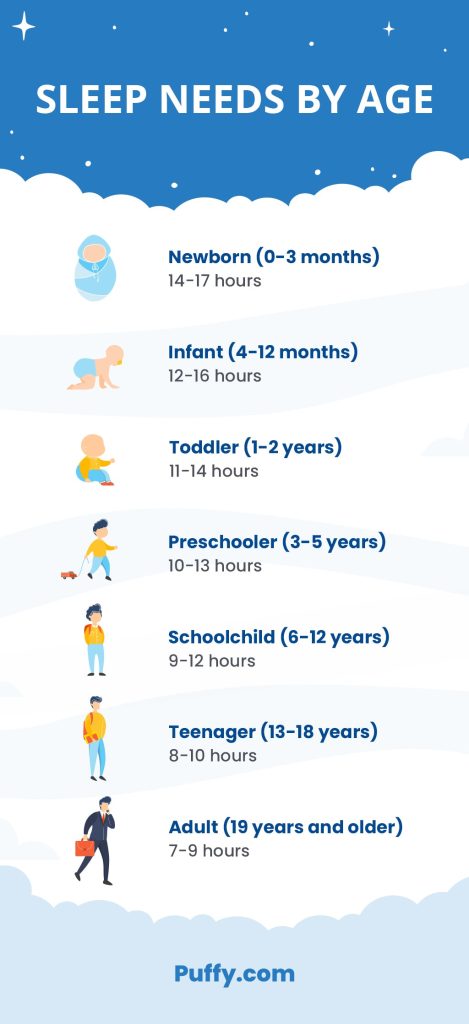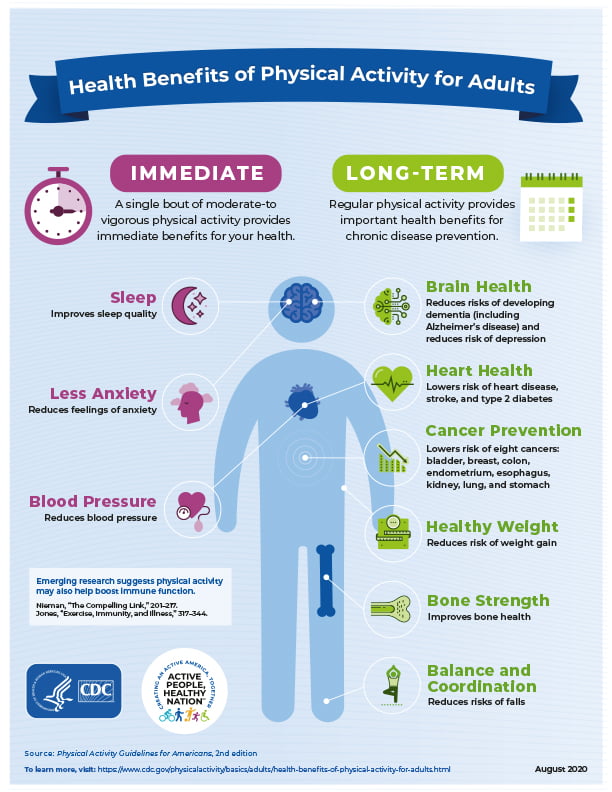Do you ever find yourself wondering if six hours of sleep is enough? In our fast-paced world, it’s not uncommon to sacrifice sleep in order to accomplish more. But is this lack of sleep taking a toll on our health and well-being? Let’s dive into the science behind sleep and discover if six hours is truly good enough.
Sleep is a vital component of our daily lives, providing rest and rejuvenation for both our bodies and minds. While the optimal amount of sleep can vary from person to person, experts generally recommend between seven to nine hours of quality sleep each night. However, in today’s busy society, many individuals struggle to find the time to get a full night’s rest. This often leads to the question: is six hours of sleep sufficient?
While six hours may seem like a decent amount of sleep, it may not be enough for everyone. Sleep deprivation can have numerous negative effects on our physical and mental health. From decreased cognitive function and impaired memory to a weakened immune system and increased risk of chronic diseases, the consequences of inadequate sleep are far-reaching. So, is it time to prioritize sleep and make a conscious effort to get those extra hours in? Let’s explore the topic further and uncover the truth about the importance of sleep.
Is six hours of sleep good enough? While individual sleep needs can vary, most adults require between 7-9 hours of sleep per night to function optimally. Getting only six hours of sleep on a regular basis can lead to sleep deprivation, which can negatively impact your mood, cognitive function, and overall health. It’s important to prioritize sleep and aim for the recommended amount to ensure you are well-rested and able to perform at your best.

Is Six Hours of Sleep Good Enough?
Sleep is a fundamental aspect of our overall health and well-being. It plays a crucial role in our physical and mental functioning, affecting everything from our mood to our cognitive abilities. Many people wonder if six hours of sleep is enough to support their health and daily activities. In this article, we will explore the effects of getting only six hours of sleep and whether it is sufficient for optimal functioning.
The Importance of Sleep
Sleep is essential for the body to restore and repair itself. During sleep, our bodies undergo important processes such as tissue and muscle growth, memory consolidation, and hormone regulation. Sleep deprivation or consistently getting insufficient sleep can have detrimental effects on our physical and mental health.
Getting an adequate amount of sleep is associated with numerous benefits. It improves concentration, attention, and productivity throughout the day. Sufficient sleep also enhances our immune system, helping us fight off infections and diseases. Additionally, it plays a significant role in regulating our mood and emotional well-being.
The Recommended Amount of Sleep
The National Sleep Foundation recommends that adults between the ages of 18 and 64 aim for 7 to 9 hours of sleep per night. However, individual sleep needs can vary based on factors such as age, lifestyle, and overall health. Some people may function well with less sleep, while others may require more to feel fully rested.
It is important to note that consistently getting less than the recommended amount of sleep can lead to sleep debt, which accumulates over time. This can result in symptoms such as daytime sleepiness, difficulty concentrating, and increased risk of accidents.
The Effects of Six Hours of Sleep
When individuals consistently get only six hours of sleep, it can have various effects on their physical and mental functioning. While some people may adapt to this sleep duration and function adequately, others may experience negative consequences.
1. Cognitive Function: Lack of sleep can impair cognitive function, including memory, attention, and decision-making abilities. It may also affect creativity and problem-solving skills.
2. Mood and Emotional Well-being: Sleep deprivation can contribute to mood swings, irritability, and increased stress levels. It may also increase the risk of developing mental health conditions such as anxiety and depression.
3. Physical Health: Insufficient sleep has been linked to an increased risk of chronic conditions such as obesity, diabetes, cardiovascular disease, and weakened immune function. It can also impact hormone regulation, leading to appetite changes and potential weight gain.
4. Performance and Productivity: Sleep deprivation can significantly impact performance and productivity in various domains, including work, academics, and daily activities. It can lead to decreased concentration, slower reaction times, and reduced overall efficiency.
The Importance of Quality Sleep
In addition to the duration of sleep, the quality of sleep is equally important. Factors such as sleep disruptions, sleep disorders, and poor sleep hygiene can affect the restorative nature of sleep. Even if someone manages to get the recommended number of hours of sleep, the quality of that sleep may still be compromised.
To ensure quality sleep, it is essential to establish a regular sleep schedule, create a conducive sleep environment, and practice relaxation techniques before bed. Avoiding stimulants like caffeine and electronics close to bedtime can also contribute to better sleep quality.
Tips for Better Sleep
If you find yourself consistently getting only six hours of sleep and experiencing negative effects, it may be beneficial to make changes to improve your sleep habits. Here are some tips for better sleep:
1. Stick to a consistent sleep schedule by going to bed and waking up at the same time every day, even on weekends.
2. Create a sleep-friendly environment by keeping your bedroom cool, dark, and quiet.
3. Establish a bedtime routine that includes relaxing activities such as reading or taking a warm bath.
4. Limit exposure to stimulating activities, such as electronic devices, in the hours leading up to bedtime.
5. Avoid consuming caffeine and heavy meals close to bedtime.
6. Engage in regular exercise, but avoid vigorous workouts close to bedtime.
7. Manage stress through techniques such as meditation, deep breathing exercises, or journaling.
By implementing these tips and prioritizing sleep, you can improve your overall well-being and ensure that you are getting the rest you need to function optimally.
Conclusion
In conclusion, while six hours of sleep may be sufficient for some individuals, it is generally not recommended as a long-term sleep duration. Consistently getting less than the recommended amount of sleep can have negative effects on cognitive function, mood and emotional well-being, physical health, and overall productivity. It is important to prioritize sleep and strive for the recommended 7 to 9 hours per night to support optimal health and functioning. By making changes to improve sleep habits and ensuring quality sleep, individuals can enhance their overall well-being and improve their daily lives.
Key Takeaways: Is Six Hours of Sleep Good Enough?
- 1. Six hours of sleep may not be enough for optimal health and well-being.
- 2. Lack of sleep can lead to decreased cognitive function and increased risk of chronic diseases.
- 3. It is recommended for 13-year-old kids to get at least 9-11 hours of sleep per night.
- 4. Consistently getting only six hours of sleep can negatively impact academic performance and physical health.
- 5. Prioritizing sleep and aiming for a consistent 7-9 hours can lead to improved overall well-being and performance.
Frequently Asked Questions:
1. How much sleep do adults need?
For optimal health and well-being, adults generally require between seven to nine hours of sleep per night. However, individual sleep needs can vary. While some people may function well on six hours of sleep, it is important to consider the long-term effects of consistently getting less sleep than recommended.
Sleep deficiency can lead to a range of issues, including decreased cognitive function, impaired memory, and increased risk of chronic conditions such as obesity, diabetes, and cardiovascular disease. It is essential to prioritize sufficient sleep to support overall health and productivity.
2. What are the consequences of consistently getting only six hours of sleep?
Consistently getting only six hours of sleep can have detrimental effects on both physical and mental health. Sleep deprivation can lead to daytime drowsiness, difficulty concentrating, and decreased cognitive performance. Over time, it can also weaken the immune system, making individuals more susceptible to illnesses.
Inadequate sleep has also been linked to an increased risk of chronic conditions such as heart disease, stroke, and diabetes. Additionally, insufficient sleep can impact mood, leading to irritability, mood swings, and an increased risk of mental health disorders like anxiety and depression. It is crucial to prioritize adequate sleep to maintain overall well-being.
3. Can six hours of sleep be enough for some individuals?
While the general recommendation is for adults to get between seven to nine hours of sleep, some individuals may function adequately on six hours of sleep. However, it is important to note that this is not the case for everyone. Sleep needs can vary based on factors such as age, genetics, and overall health.
It is crucial to listen to your body and assess how you feel and perform on six hours of sleep. If you consistently feel fatigued, struggle with concentration, or experience other negative effects, it may be a sign that you require more sleep. Consulting with a healthcare professional can provide personalized guidance on your sleep needs.
4. How can I optimize my sleep quality with six hours of sleep?
If you find that you can function well on six hours of sleep, there are steps you can take to optimize your sleep quality. Establishing a consistent sleep schedule, maintaining a relaxing bedtime routine, and creating a conducive sleep environment can all contribute to better sleep.
Avoiding stimulants such as caffeine and electronic devices before bed can also help promote quality sleep. Additionally, practicing stress management techniques such as meditation or deep breathing exercises can aid in relaxation and improve sleep quality. Experimenting with different strategies and listening to your body’s cues can help you maximize the benefits of your six hours of sleep.
5. What are some signs that I may not be getting enough sleep?
There are several signs that indicate you may not be getting enough sleep. Feeling excessively tired during the day, struggling to stay awake or concentrate, experiencing mood swings, and having difficulty remembering things are all potential indicators of sleep deprivation.
Physical symptoms such as headaches, increased appetite, and frequent illnesses can also be signs of inadequate sleep. It is important to pay attention to these cues and prioritize sufficient rest to avoid the negative consequences of sleep deprivation. If you consistently experience these symptoms, it may be beneficial to consult with a healthcare professional for further evaluation and guidance.

Is Six Hours of Sleep Enough?
Final Thoughts: Is Six Hours of Sleep Good Enough?
So, you’ve been wondering if six hours of sleep is good enough. Well, the answer isn’t as straightforward as a simple “yes” or “no.” It ultimately depends on various factors, such as your age, lifestyle, and overall health.
While some individuals may function perfectly fine on six hours of sleep, others may find themselves feeling tired, groggy, and unable to concentrate throughout the day. Sleep experts generally recommend getting between seven to nine hours of sleep per night to ensure optimal health and well-being.
However, if six hours is all you can manage due to a busy schedule or other commitments, there are steps you can take to make the most of your sleep. Prioritize sleep hygiene by creating a relaxing bedtime routine, ensuring your sleep environment is comfortable and conducive to rest, and avoiding stimulants like caffeine close to bedtime.
Remember, quality is just as important as quantity when it comes to sleep. If you’re consistently waking up feeling refreshed and energized after six hours of sleep, and you’re not experiencing any negative effects during the day, then it may be enough for you. However, if you’re struggling with daytime sleepiness, mood swings, difficulty concentrating, or other signs of sleep deprivation, it might be worth considering ways to increase your sleep duration.
In conclusion, while six hours of sleep may be sufficient for some individuals, it’s generally recommended to aim for seven to





